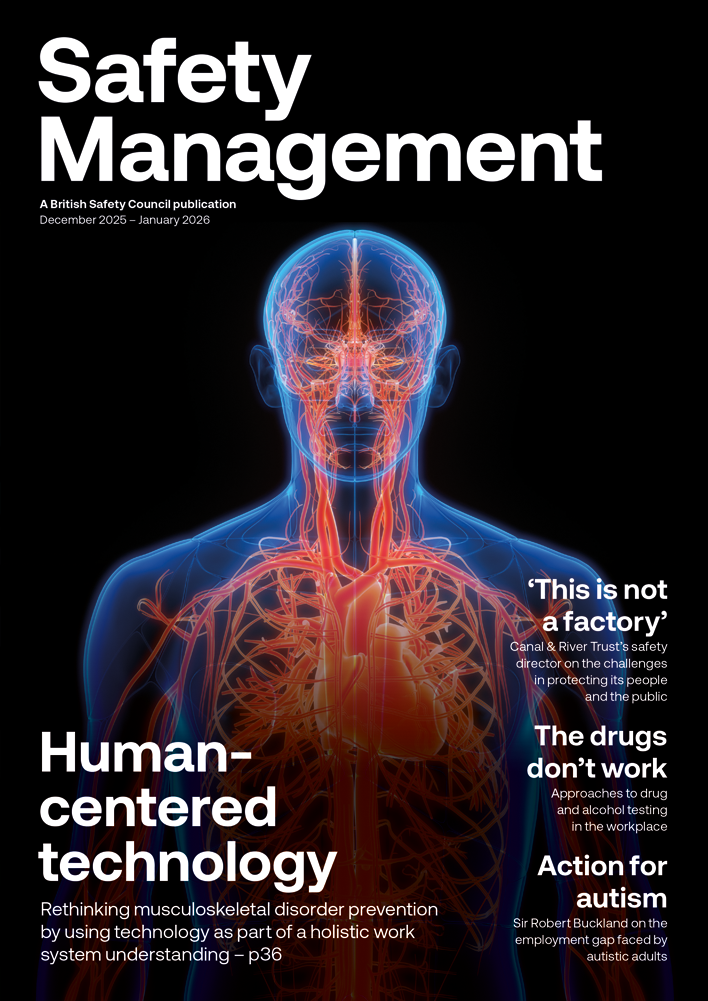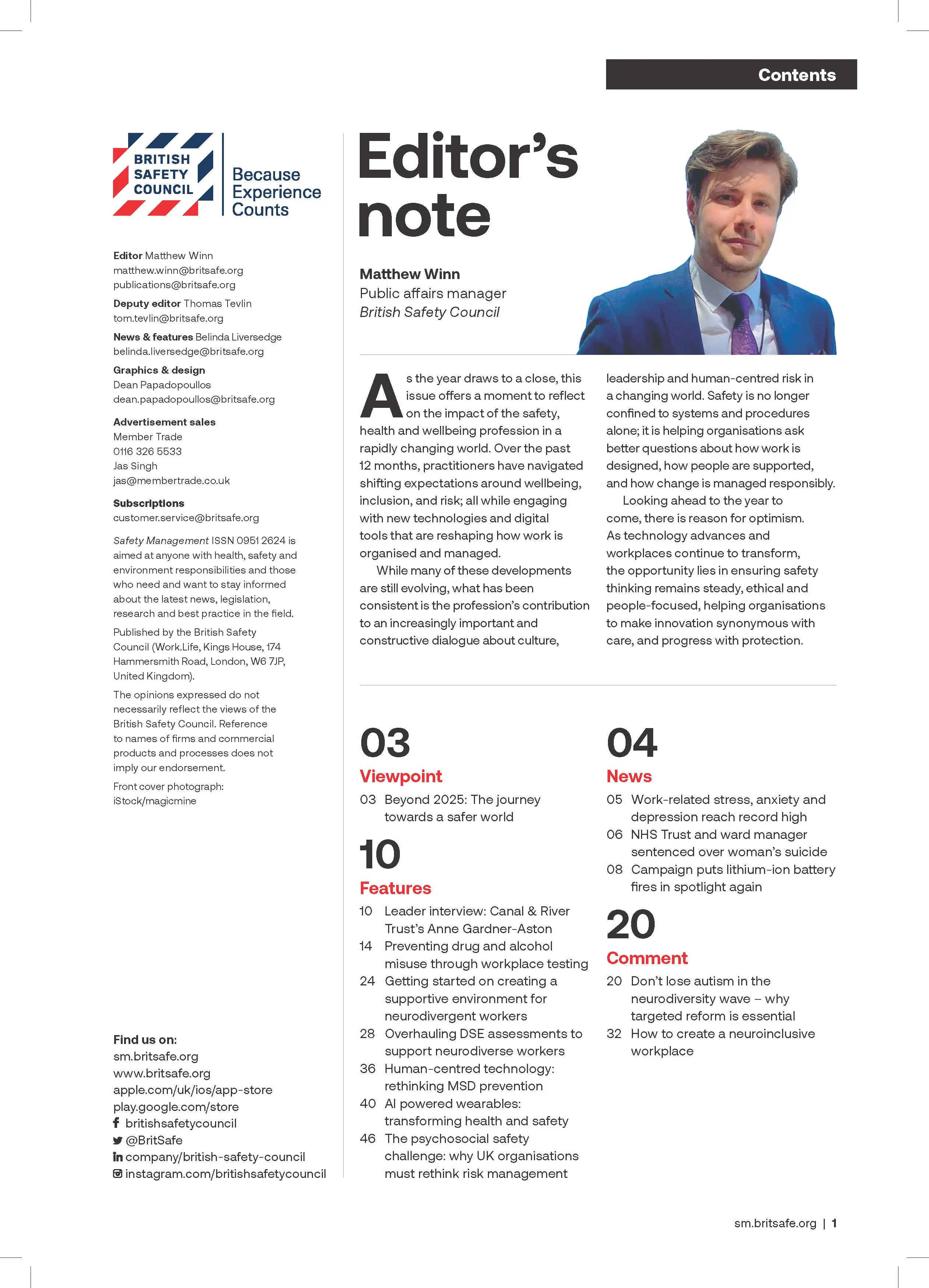A fire that broke out in a block of flats in Plaistow, east London on 21 October was caused by the failure of a lithium battery, London Fire Brigade (LFB) has confirmed.
News
East London flat fire caused by lithium battery, says London Fire Brigade
The fire started in a flat on the 10th floor of a 15-floor building on Queens Road West in Plaistow just after 8am on 21 October. The interior and balcony of the flat were destroyed and balconies on the four floors above the flat were heavily damaged.
 Photograph: London Fire Brigade
Photograph: London Fire Brigade
About 30 people were evacuated from the building and two of the three men who left the affected flat before firefighters arrived were treated at the scene by the London Ambulance Service, said LFB. Ten fire engines and 70 firefighters responded to the incident, and the fire was brought under control by just after 9am.
LFB said the fire is believed to have started accidentally, caused by the failure of a lithium battery. To reduce the risks when charging lithium batteries, LFB recommends always charging them on a hard, flat surface; allowing them to cool down before attempting to recharge; not exposing them to extremes of temperature; and looking out for warning signs that a battery might be failing.
Fires involving lithium batteries are on the rise. Research published earlier this year by business insurer QBE showed that the number of fires caused by lithium-ion batteries in the UK increased by 46 per cent in 2023, compared with the previous year.
Just last month, a London refuse worker narrowly missed injury when a bin he had loaded on to a lorry exploded after combustible items including batteries had been wrongly placed inside.
In February, British Safety Council published an introductory guide for employers on managing the risks from lithium-ion batteries, recognising the challenges posed by the storage and charging of lithium-powered e-bikes and e-scooters in the workplace.
NEWS

Employment rights bill passes into law, bringing 'work into the 21st century'
By Belinda Liversedge on 24 December 2025
Lawyers have joined unions to hail the passing of the employment rights bill into law as ‘the biggest upgrade on workers’ rights in a generation’.

Traffic wardens to work in groups 'for own safety' after facing abuse from drivers
By Belinda Liversedge on 24 December 2025
Traffic wardens in one local council are being sent out to patrol in groups because of threats and abuse.

Buncefield explosion 20 years on: legacy continues to protect people and places, says HSE
By Belinda Liversedge on 11 December 2025
On the day of the Buncefield fire’s 20th anniversary, 11 December 2025, HSE has reflected on the ‘profound changes’ the catastrophic fire has had on the major hazards sector’s management of risk.



